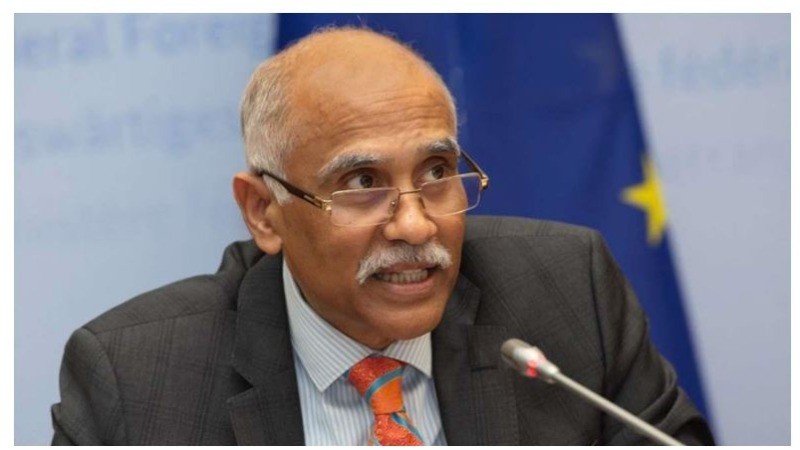
India has emphasized the need for substantial reform in the United Nations Security Council, cautioning against a "lowest common denominator" approach that could result in minor adjustments being presented as major changes. Speaking to the UN General Assembly, India’s Permanent Representative, P. Harish, underscored that real reform should not be reduced to minor modifications framed as significant transformations.
Harish noted the risk of using limited reform efforts as a “smokescreen” for avoiding essential changes, saying, "The development of a consolidated model based on 'convergences' should not lead to a race to the bottom to trace the lowest common denominator." He cautioned that focusing solely on minimal adjustments could stall progress and defer key reforms like expanding permanent membership and improving representation from regions like Asia, Africa, Latin America, and the Caribbean.
The Security Council reform negotiations, known as the Intergovernmental Negotiations (IGN), have been gridlocked for years, largely due to opposition from a small group of countries to text-based discussions. One proposal to advance the dialogue is to form a model for a reformed Council using member inputs, which could serve as a foundation for further text-based discussions. However, Harish urged that such a model must ensure meaningful progress and avoid superficial fixes.
"While we seek real tangible progress in the IGN, including the development of a new 'model' of reform, we urge caution," he said, emphasizing that insignificant changes could postpone critical issues indefinitely.
The opposition group Uniting for Consensus (UfC), which includes countries like Pakistan and is led by Italy, opposes permanent membership expansion. Instead, UfC supports proposals for longer-term, renewable seats on the Council. Italy’s Permanent Representative Maurizio Massari, speaking on behalf of UfC, proposed re-electable seats that allow flexibility for various regional needs. In such a scenario, longer-term memberships might be promoted as a compromise, potentially delaying more permanent solutions.
Harish expressed India's firm stance that “representation” is essential for the UN’s legitimacy and effectiveness, stating, "As a member of the Global South, we believe that 'representation' stands as the unassailable prerequisite for both 'legitimacy' and 'effectiveness' of not just the Council, but the UN as a whole."
Highlighting the Council’s outdated structure, Harish pointed out that it remains dominated by the five post-World War II victors with veto powers, whereas newer international forums like the G20 have adapted more inclusively, such as welcoming the African Union as a member under India’s recent presidency.
India, along with Brazil, Germany, and Japan—collectively known as the G4—continues to advocate for Council reforms, including permanent membership for all four nations. Germany’s Permanent Representative, Antje Leendertse, shared that over 140 participants in this year’s General Debate endorsed UN reform, indicating strong global momentum for change. Japan’s representative, Yamazaki Kazuyuki, also called for greater African participation in submitting reform models to accelerate IGN progress.
A more inclusive and representative Security Council is critical in today’s interconnected global environment, Harish concluded, a sentiment also echoed in the UN’s “Pact for the Future” aimed at setting a renewed vision for the organization as it approaches its 80th anniversary.